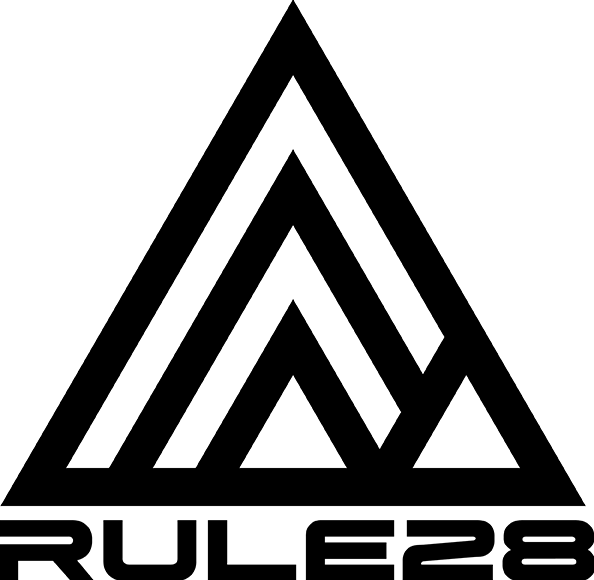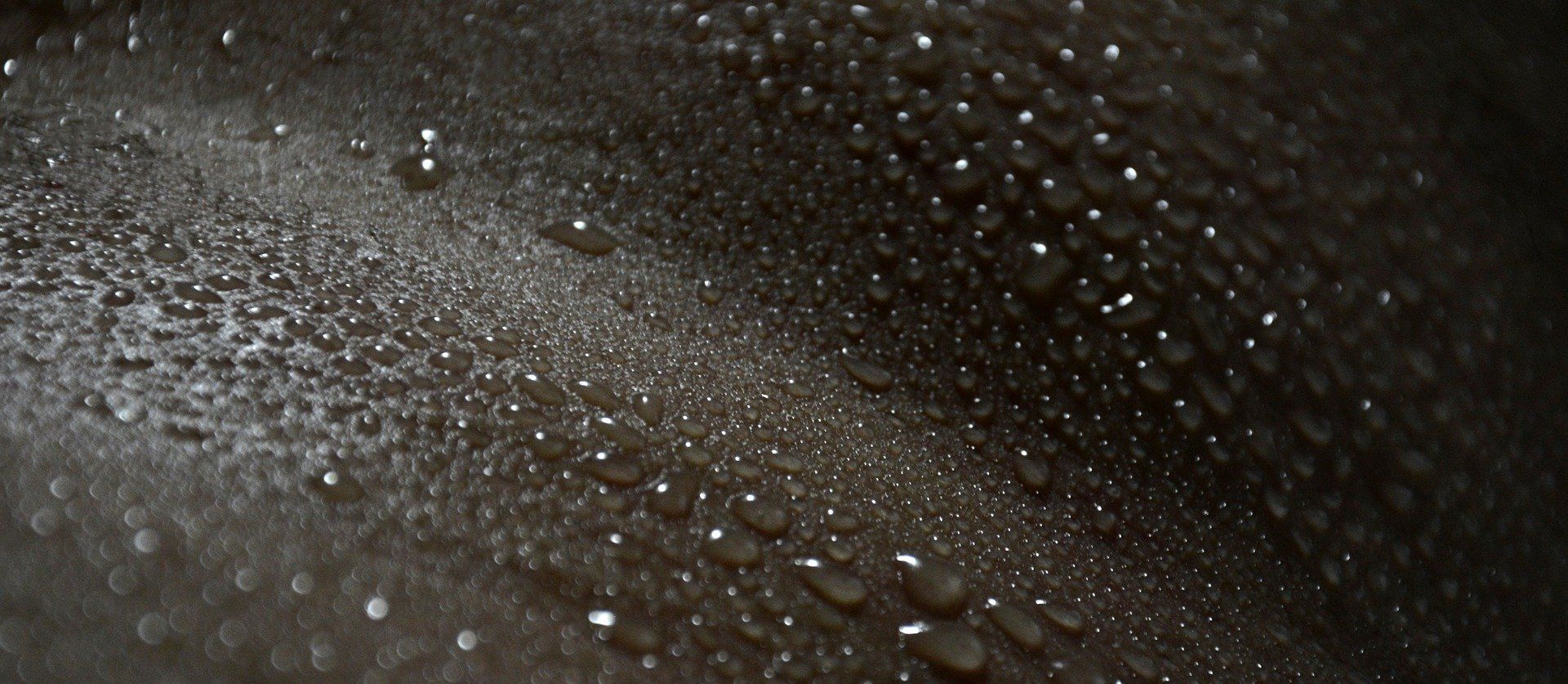Are you getting enough salt? Could you be missing out on a huge performance gain?
TL;DR Version
No most likley you aren't so salt supplementation is worth it. Racing and high intensity result in a lot of sweat and therefore salt being excreted. Most isotonic drinks do not contain enough salt to replace what is lost.
Triathletes that consumed 70% of the salt lost during the event, in the form of their usual isotonic drink and 12 capsules of sodium chloride (4 pre-race and 2x4 during the race, completed a half Ironman on average 26 min faster than the placebo group who only consumed 20% of the salt lost through their usual isotonic drink. Performance was increased across the swim bike and run with no observed side effects.
These benefits were probably driven by a higher voluntary fluid intake during the race and higher serum electrolyte concentrations.
Intro
Sweat’s main component is water, mixed in with the water however is a small amount of sodium, proteins, urea, ammonia and other essential minerals known as electrolytes.
Whilst sodium is expelled from the body through sweat, it plays a vital role in signal transmission through nerves and muscle contractions. Running low on sodium will limit your ability to perform. In extreme cases this can also lead to a condition called hyponatremia with effects including weakness, incoherency, nausea, loss of balance and in extreme cases – seizures and death.
Hydration, especially when exercising in hot environments is incredibly important. Hydration however isn’t as simple as drinking enough water. Electrolytes that are lost through sweat also need to be replaced. Isotonic drinks and powders are commonplace now but many don’t supply enough electrolytes for high performance such as cyclists and triathletes who are racing for hours on end.
In healthy people the concentration of sodium in sweat to 40-60 mq/L. The sodium concentration of mineral water is typically around 2 mq/L of sodium making it a very poor choice for use in exercise. Isotonic drinks are designed to replace lost liquids and electrolytes in exercise, but even the market leaders only have a sodium concentration of around 20 mq/L, approximately half of that lost through sweat. To be able to push harder, optimal salt levels need to be preserved.

Scientists from the Exercise Physiology Laboratory, Sports Science Institute, Camilo José Cela University, Madrid, Spain Conducted an experiment to monitor the impact of different Electrolyte consumption levels on the performance of well-trained triathletes during a half Ironman (1.9 km swim, 90 km cycle and 21.1 km run).
Twenty-six well trained triathletes with similar age, anthropometric data and training status were randomly placed into the test group and the control group to test along with the rehydration drink they normally consumed, were given 12 capsules containing a sodium chloride (113 mmol Na+ and 112 mmol Cl−) mix. With the aim to replace 70%+ of the salts lost during competition.
The control group was given their usual rehydration drinks along with 12 capsules containing a placebo mix. Both groups then undertook a half Ironman, consuming the capsules into three doses, with the first set taken before the start and the other two taken during the competition.
Time taken to complete the event was significantly faster in the salt group vs. the placebo group (307 ± 32 min vs. 333 ± 40 min). Speeds across the swim, bike and run legs of the test were significantly improved in the salt group vs. the placebo group.
| Variable | Salt group | Control Group |
| Swim Velocity (m/s) | 0.80 ± 0.08 | 0.75 ± 0.15 |
| Cycling velocity (m/s) | 8.26 ± 0.67 | 7.74 ± 0.81 |
| Run velocity (m/s) | 3.37 ± 0.50 | 3.08 ± 0.43 |
The salt group showed no statistically significant side effects gastric discomfort when compare to the placebo group – showing no down side to consumption.
Food and fluid consumption between the groups was not standardised. Caloric intake in both groups was very similar but the salt group consumed 0.4 ± 0.4 L more fluid than the control group during the race, probably driven by an increased osmotic stimulus induced by the salt supplementation.
Why are sports drinks letting you down?
It all comes down to taste, whilst the performance advantages of increasing the salt content of sports drinks to match that as lost in sweat has been well know for some time, the cost of doing so is producing a drink that tastes like fruit flavoured sweat… not something most people will enjoy. In such a competitive market, producing a drink that tastes nice is more important than producing a drink that will help you perform better, after all it is impossible to see how well you MAY have performed but it is possible for you to be put off by the taste of something and never use it again.
Supplementing your salt intake in the same way that was done in this test discussed above lets you keep the taste benefits of the drink and the performance benefits of the added salt.
There are some isotonic drinks out there that do contain high levels of salt, so make sure to check what you have before topping it up with extra supplementation.
Source:
J. Del Coso, et al. Effects of oral salt supplementation on physical performance during a half-ironman: A randomized controlled trial. Scand J Med Sci Sports 2015






Share:
Caffeine - A Deep Dive
Fuelling For Performance
4 comments
Interesting.
Those of you looking to make your own: take the molecular weight of sodium chloride (58.44g/L as 1000mM), so 100mM is 5.8g of salt to add to you 1 litre of water, as an example
I use LMNT to mix with water bottle. It has 1000mg sodium and tastes great.
Awesome stuff, just Awesome!!! This is so incredibly informative and easy to digest, pun intended. Literally one of the most comprehensive and educational bits I’ve seen.
Muchas gracias. ?Como puedo iniciar sesion?